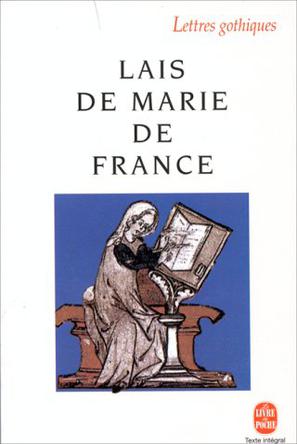
While the world may indeed have existed for a few millennia, the birth of the "world as we know it now" is dated proximately to no more than 500 years or so. Time hinges on the colonial axis there is only the before and after of this world-defining period. Most historians of the modern deal with the abbreviated time of a modernity inaugurated by colonialism with the neat triad of the precolonial, colonial and postcolonial. However, when it comes to the writing of history, we still work with conventional time divisions of prehistory (stretching back to some distant point in time) and the more modest temporal divisions of the ancient, early medieval, medieval, early modern, and modern worlds.

agriculture 12000 years ago or with the industrial revolution of the 18 th century. The conjuncture of the newly designated Anthropocene that we inhabit is variously seen as having originated with humans having turned to. We have become more accustomed now to thinking with great swathes of time-of geological formation, and the time of human evolution-so that the idea of a few thousand years of civilizations and states seems to be something that even a schoolchild can grasp. Despite these differences between Grendel and Lanval, both characters function to comment upon the nature of their respective civilizations however, where Grendel effectively reaffirms the importance of the hall and the king’s relationship with his retainers, Lanval does the opposite, and instead serves to question whether life in King Arthur’s court actually benefits those who live within it. Conversely, Marie de France does not suggest that Lanval bears any similar condemnation instead, she indicates that he is unjustly cut from society because his king forgets him and the other retainers are jealous of him. As a method of taking vengeance for his exclusion, Grendel attacks the court of King Hrothgar every night for many years, killing as many of Hrothgar’s loyal retainers as he possibly can. Grendel and his mother are outcast because they are descendants of Cain, whose bloodline God condemned after Cain killed his brother Abel.


While both of these works feature outsiders, though, the reasons why they are outcast from their respective societies are quite different.

In Beowulf, the characters of Grendel and his mother are outsiders with respect to the heroic society of Beowulf and his kingdom, and in Lanval, Marie de France’s titular character begins his lai in a melancholic state as he struggles to understand why his king neglects him and favours the other retainers. Indeed, both Beowulf and Marie de France’s Lanval prominently feature characters who are outsiders, although these characters are presented quite differently within each work. The character of the outsider can be identified in a diverse range of medieval works, including the Old English heroic epic and the Middle English lai.


 0 kommentar(er)
0 kommentar(er)
